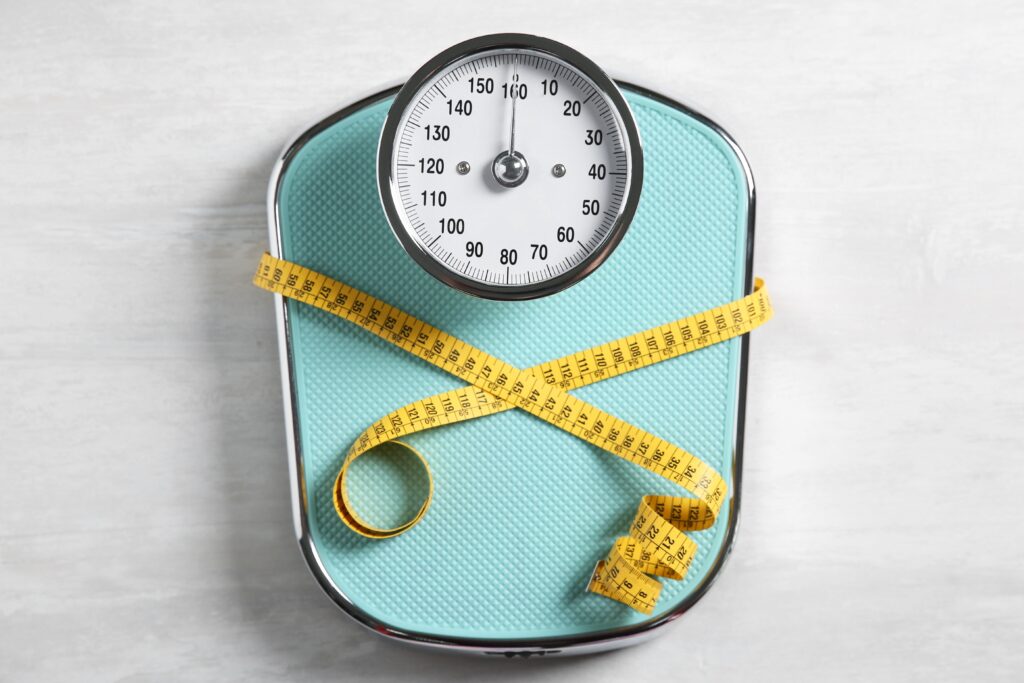We hear the word all the time, but what is stress? On a foundational level, stress is the body’s natural defense against real or perceived threats, or change. It causes the body to produce hormones that prepare many systems to evade or confront the stressor or perceived danger. People commonly refer to this as the fight-or-flight mechanism.
When presented with a challenge or threat, we have a physical and biochemical response. The body activates resources that help us either stay and confront the challenge or get to safety as fast as possible. The body produces larger quantities of the chemicals cortisol, epinephrine, and norepinephrine. These trigger the following physical reactions:
- Increased blood pressure
- Heightened muscle preparedness
- Increased mental alertness
These factors all improve our ability to respond to a potentially hazardous or challenging situation. Norepinephrine and epinephrine also cause a faster heart rate. Environmental factors that trigger this reaction are called stressors. Examples include loud noises, aggressive behavior by people or animals, something that frightens us, or even being nervous on a first date. Feelings of stress tend to increase in tandem with the number of stressors.
According to the American Psychological Association (APA)’s annual stress survey in 2018, average stress levels in the United States were 4.9 on a scale from 1 to 10. (Add a year of having to deal with all the ramifications of Covid, and you could probably safely assume that number would have been higher in 2020!) The survey found that the most common stressors were employment and money.
In addition to all the accelerated processes mentioned above, stress also slows down some normal bodily functions. These are considered unimportant during times of perceived survival need. By temporarily limiting attention to these systems, the body can then concentrate its resources on breathing, blood flow, alertness, and the preparation of the muscles for sudden use.
The body changes in the following ways during a stress reaction:
- The digestive system slows down
- Our immune system activity decreases
- Decreased tiredness or fatigue due to a heightened state of alertness
Despite these inborn physiological responses, stressors affect each of us differently. What may be perceived as a scary stress to one person may not provoke a response in someone else. How a person reacts to a situational stress will determine the effects that that stress has on their overall health. Some people can experience several stressors in a row or all at once without it leading to a severe stress reaction, while others may have a heightened or prolonged response to just a single stressor. Part of the keys to managing stress will be to identify potential sources of stress in order to eliminate them, or to learn how to handle them so as to minimize the detrimental responses to the body and mind.












